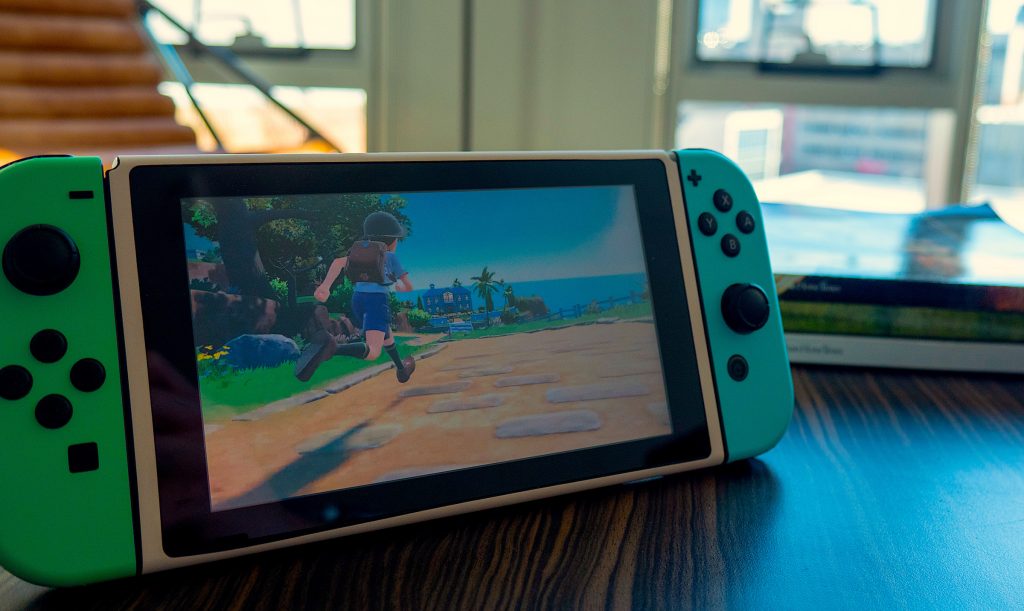
Video games have continued to grow in popularity since the invention of gaming consoles in the 1970s. For context, the television was invented in 1927. The young age of the gaming industry has led to several questions regarding the impact of video games on mental health. Some people have used video games as scapegoats to explain mass shootings or other forms of violence despite minimal evidence proving that idea to be true.
With evidence suggesting a minimal impact on violent behaviors among those who play video games an alternative question must also be presented — do video games have a positive impact on our mental health? The idea that explicit media causes negative behavioral outcomes is nothing new. In the 1980s a large push by Tipper Gore, Al Gore’s wife and other Washington wives led to questions surrounding the influence of rock music on society. Gore and her allies believed that violent media caused people to behave in violent ways after exposure to media containing drugs, sex, and violence.
As time went on, people who believed that music depicting violence was bad for society also developed the belief that violent video games must be equally harmful. Thus, a push to limit access to violent video games began. In 2005, Arnold Schwarzenegger signed into law a bill that banned the sale of violent video games to children in the state of California. This law would be struck down just half a decade later by the Supreme Court. In the 7-2 ruling the court decided that the law violated free speech and that no substantial evidence existed to prove that violent video games caused violent behavior in real life. In fact, many supporters of the gaming industry point to the fact that violence has actually decreased from its peak in the early 1990s when video games were nowhere near as popular as they are today.
According to Adam Bilodeau, a Drexel Master’s in Public Health student and registered nurse, “Video games present a medium where college students can escape from reality and alleviate stress, often by venting their frustrations to trusted friends and members of a gaming community.” Bilodeau’s beliefs represent the consensus among Americans in a post-COVID society.
The Entertainment Software Association stated, “89% of players say video games provide stress relief, while 88% say video games help improve cognitive skills.” Still, just because a group of people believes something to be true does not mean it is. Research published in the Royal Society last year shows that the positive impact of video games on well-being is actually minimal. Video game addiction is another component of the industry that is being studied. Video games, like tobacco, alcohol, social media, or gambling, can become addictive.
According to American Addiction Centers, video game addiction can cause issues with concentration, aggression, and physical activity. The World Health Organization has acknowledged the existence of addiction to video games, calling it a “gaming disorder.” They state that in order for someone to be diagnosed with gaming disorder the user of video games must exhibit behaviors that impair interaction with friends and family, or interfere with the ability of the video game player to do work or school activities.
Video games remain a relatively new medium, and research is still determining what effect they have on us, if one exists at all. Many people were scared of video games when they first became popular because of the lack of information about them. Now, after decades of research, the consensus may be that video games have little positive or negative impact on our mental health at all. In that regard, it may not be long before we view video games the same way we view music or shows on TV — just another way to pass the time and escape from the harsh realities of everyday life.


